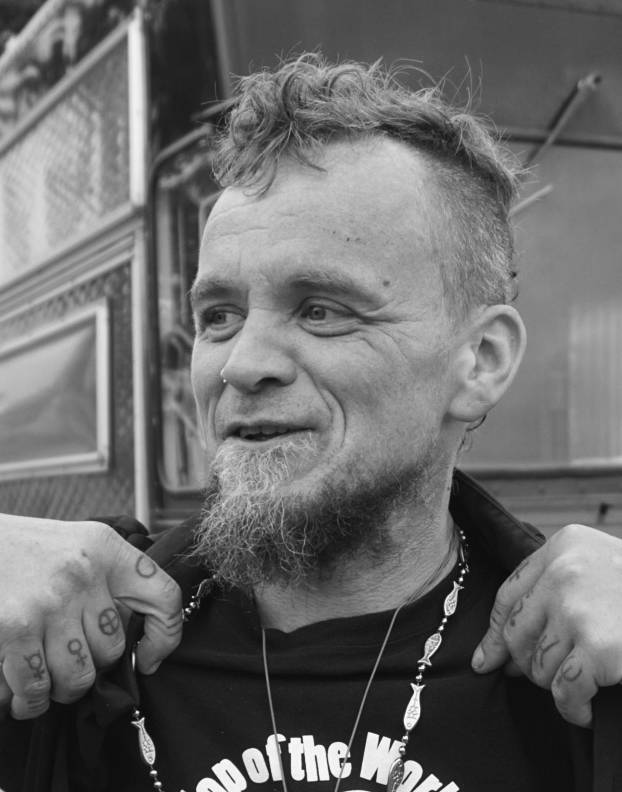In early March, Alaskans Know Climate Change purchased carbon offsets for the Kachemak Bay Conservation Center. This is an inexpensive market-based solution to address the contribution we have made, over the course of one year, through fuel and electricity consumption, to global warming.
The procedure is simple. We added up last year’s kilowatt-hours (kWh) from our Homer Electric Association receipts and one year’s worth of heating fuel. The building used 16,631 kWh’s worth of electricity and 1,021 gallons of fuel. By using the EPA’s carbon calculator, we discovered that the building is on the hook for 20.9 metric tons of greenhouse gasses.
There is nothing that can be done to reduce the carbon footprint from last year. But, we can make sure that that amount does not enter into the atmosphere elsewhere by purchasing carbon offsets.
There are many certified carbon offset brokers. Each broker offers a variety of projects to purchase for individuals, nonprofits, business, churches or others who are concerned about addressing their contribution to global warming.
The carbon offset we chose is a project that captures fugitive methane and uses it to produce energy. This is located on the Southern Ute Tribe’s land. Over 60,000 metric tons of greenhouse gas emissions are eliminated every year by this project. Without voluntary support, they would have no way to finance this methane capture and the potent greenhouse gas would continue to escape into the atmosphere.
There is tremendous value in supporting developments like this and they are remarkably inexpensive. The venture we supported is the most expensive one our broker offers — $13 a metric ton. The cost to offset the Conservation Center’s carbon footprint for one year was $275.
The goal, however, is to find ways to make reductions. From now on, we will do this type of audit every year. We will strive to find ways to reduce our footprint. It is unlikely that we can transform this building to carbon neutral in one or even five years, but this first step helps us set goals. We want to be paying less every year for carbon offsets by improving our energy consumption, identifying and replacing appliances with more efficient ones, using renewable energy, and change how the building is heated, for example.
The Kachemak Bay Conservation Center is arguably one of the most well used and treasured buildings in Homer. It is our hope that this building can lead by example regarding greenhouse gas accountability.
Last fall, the Intergovernmental Panel on Climate Change released their latest report. Not long after, the federal government released the National Climate Assessment, which was followed by the “Economic Effects of Climate Change in Alaska” report by ISER. Each of these point to the same horrible future that awaits us — especially our children — if we don’t get serious about reducing our greenhouse gas output.
Despite all the education, 2018 set a new all-time record. Last year, our civilization produced over 40 billion tons of greenhouse gasses. This is suicidal behavior.
Obviously, what this little building produces is a drop in the bucket, but if others in our community begin to take this step it will start to make a difference. Buying carbon offsets is an inexpensive and meaningful way to address our contribution to global warming. For very little money you can feel good in knowing that you are supporting projects that are keeping greenhouse gasses out of the system.
Thank you to everyone who attended this presentation and to all of you out there who are learning how to do your part. Our children and their children won’t forget it.
Bjørn Olson is an adventurer, filmmaker, writer and climate change activist.
• By Bjørn Olson, For the Homer News

